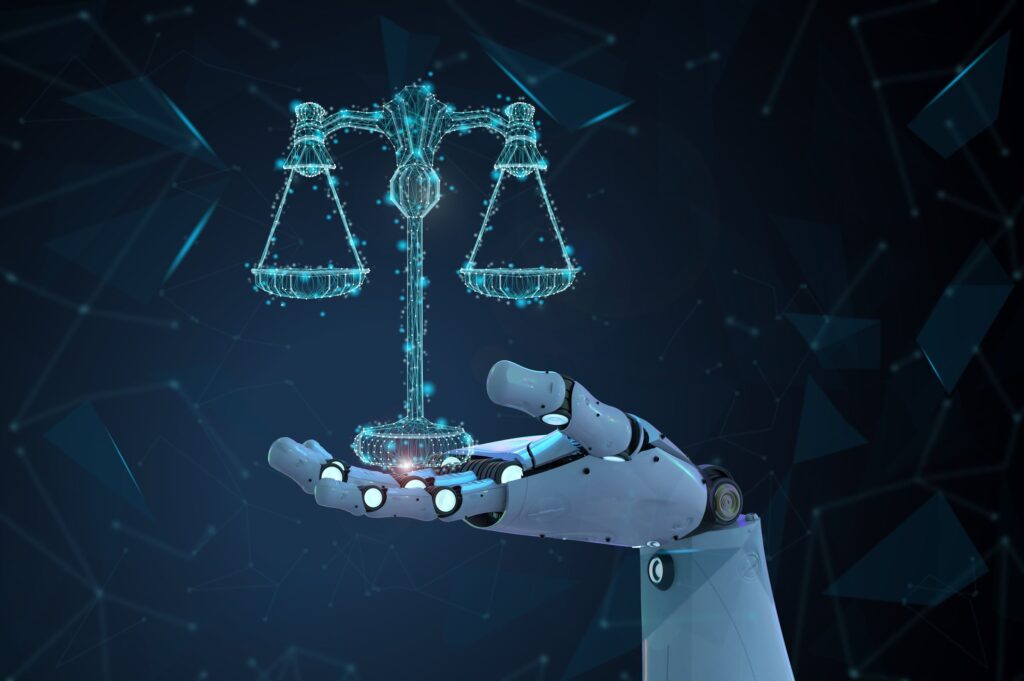
Usluel | Ünal | Özbilen, November 2024
The European Union's comprehensive regulation on artificial intelligence systems, the AI Act, came into effect on August 1, 2024. The regulation applies not only to EU member states but also to companies providing services to EU citizens or conducting trade with the EU. For Turkish companies, this represents a significant opportunity to enhance their competitiveness and credibility in international markets. However, compliance with the AI Act requires more than legal obligations—it necessitates strategic and concrete steps.
What is the AI Act, and What Does It Entail for Companies?
The AI Act classifies AI systems based on risk levels and imposes strict regulations, particularly on high-risk systems. In critical sectors such as healthcare, transportation, and education, AI systems must meet ethical, safety, and transparency standards. Although companies have until 2027 to fully comply, immediate action is required to establish the necessary infrastructure.
Non-compliance could result in severe penalties, operational restrictions, or loss of access to the EU market. Therefore, adherence to the AI Act is critical for Turkish companies aiming for commercial sustainability and reputation management.
Steps Turkish Companies Must Take for AI Act Compliance
For Turkish companies to comply with the AI Act, their AI systems must undergo rigorous assessment, particularly those categorized as high-risk. Key steps include:
Risk Assessment: Identify the risk category of AI systems.
Transparency and Human Oversight: Ensure systems are understandable and auditable by users.
Ethical and Safety Testing: Conduct tests to guarantee secure and unbiased operation.
Documentation and Reporting: Verify that data processing aligns with GDPR and Turkish Data Protection Law (KVKK).
GDPR ve KVKK Uyumunun Tamamlanması: Veri işleme süreçlerinin GDPR ve KVKK standartlarına uygun olduğundan emin olun.
By proactively implementing these measures, companies not only mitigate legal risks but also position themselves as reliable partners in the EU market.
Turkey’s Development Goals and AI Act Compliance
Turkey’s 2021-2025 Development Plan and National Artificial Intelligence Strategy prioritize the development of AI technologies as a key objective. Compliance with the AI Act serves not only as a means to achieve these goals but also as an opportunity for Turkish companies to strengthen their position on the international stage.
While KVKK regulations provide a foundation for data privacy in Turkey, aligning with international standards like the AI Act requires embracing higher levels of security and ethical practices in AI applications. This process not only enhances the global competitiveness of Turkish companies but also contributes to Turkey’s broader technology ecosystem.
The Role of AI Governance
AI governance forms the cornerstone of compliance with the AI Act. This structure ensures that companies manage their AI systems ethically, securely, and transparently, significantly impacting the success of compliance processes. It also guarantees data security, bias management, and ethical compliance.
Companies that effectively implement AI governance processes not only fulfill legal requirements but also gain advantages in terms of innovation and reputation.
The Relationship Between GDPR and the AI Act: Dual Compliance
While GDPR focuses on the protection of personal data, the AI Act targets the safe and ethical use of AI systems that process such data. AI systems handling the personal data of EU citizens must comply with both GDPR and the AI Act, representing a multidimensional compliance process for Turkish companies.
Integrating the requirements of both GDPR and the AI Act enhances the ability of Turkish companies to conduct business with the EU, granting them a competitive edge in the market.
Conclusion: Legal Compliance and Strategic Advantage
The EU AI Act represents not only a compliance obligation but also a strategic opportunity for Turkish companies to expand in international markets. Companies that navigate this process successfully will secure protection from legal risks while gaining reputation and competitiveness in the EU market. Taking proactive steps will not only accelerate legal compliance processes but also provide long-term commercial advantages.
